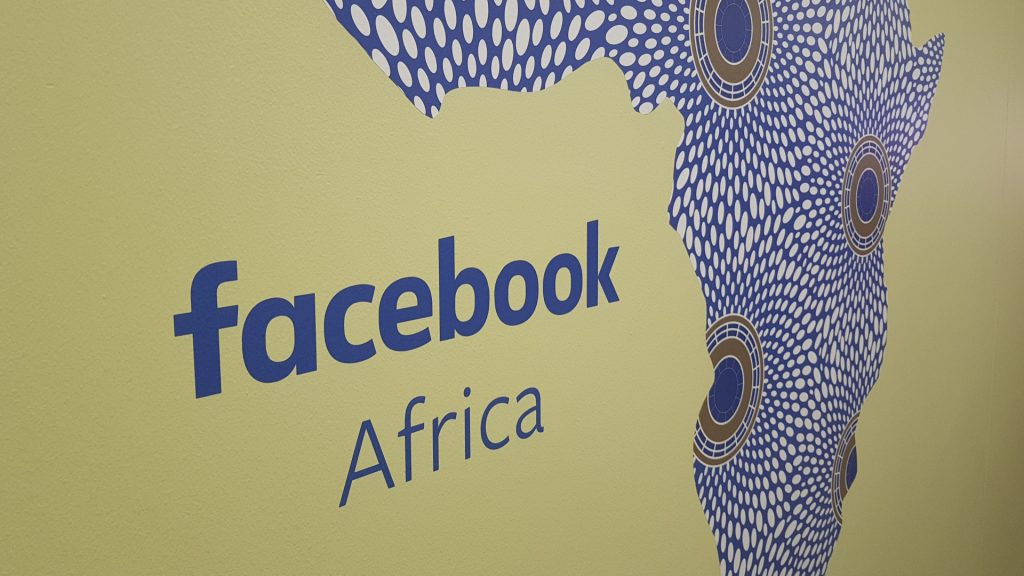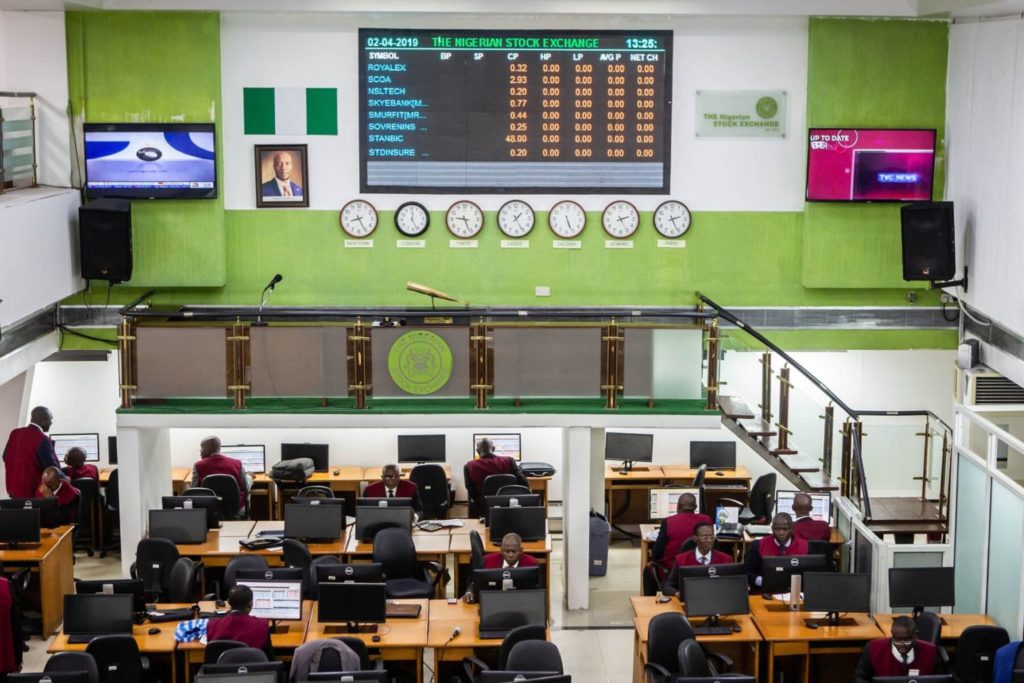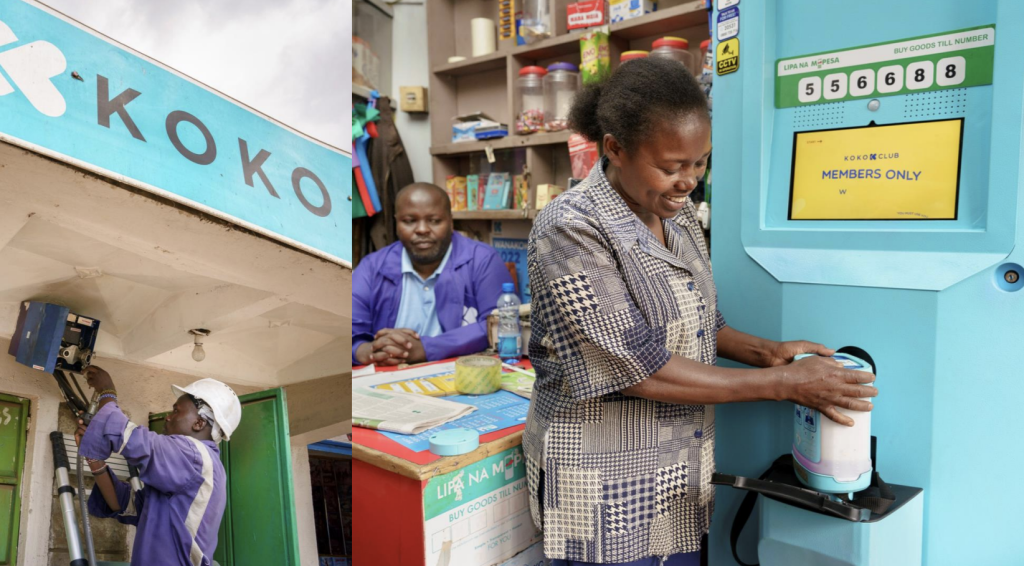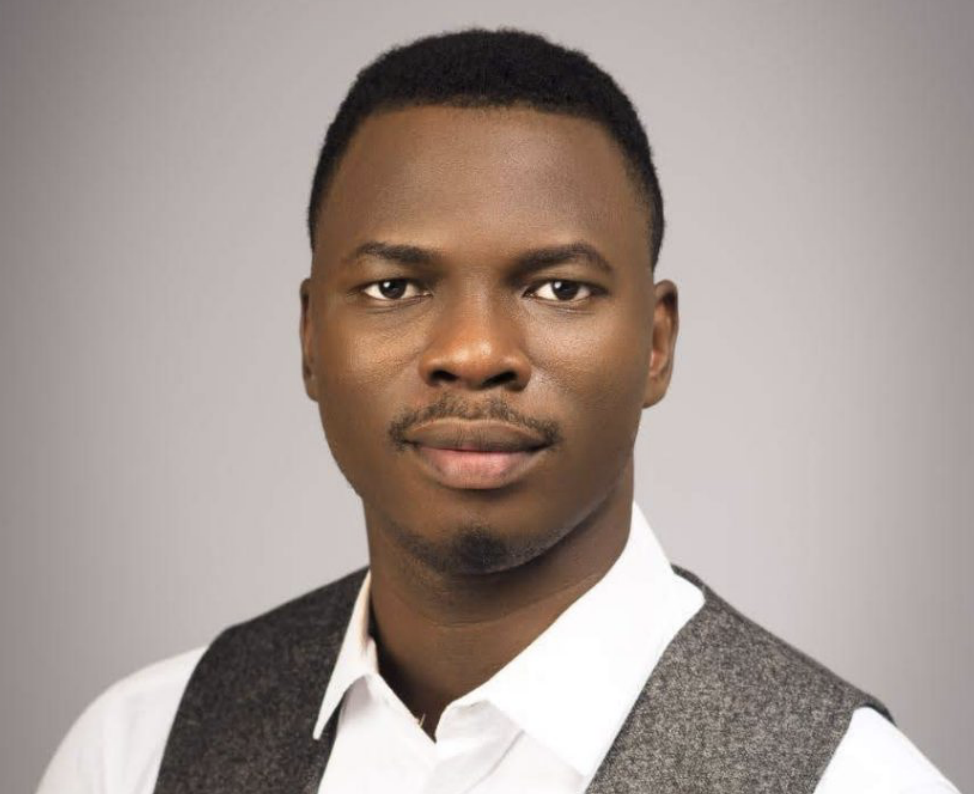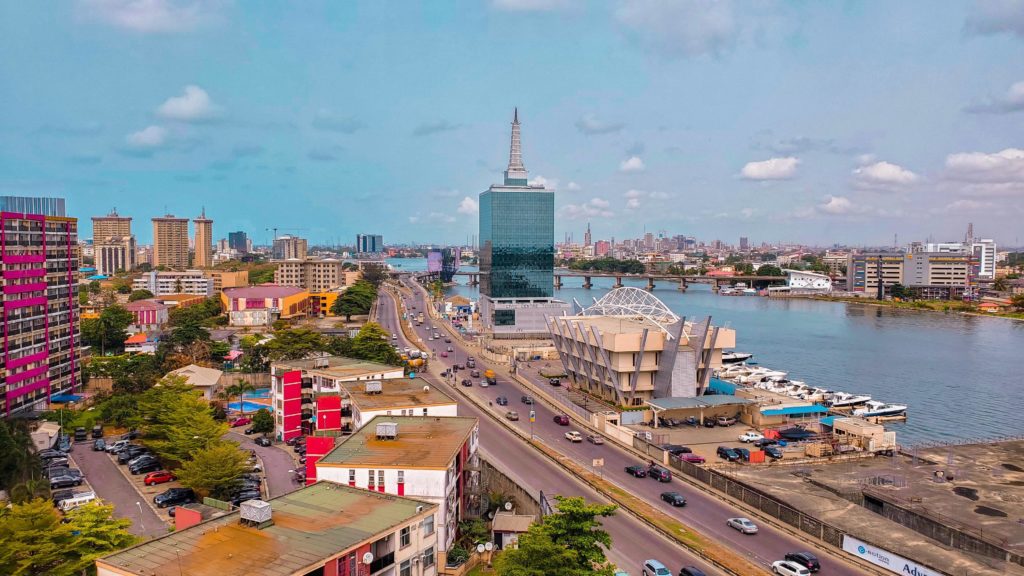On September 18, Facebook shook the Nigerian cyberspace with an announcement. “[W]e’re opening a new Facebook office in Lagos,” the company wrote.
It was another validation for the Lagos metropolis, which has enjoyed memorable visits from global tech’s big wigs including Sundar Pichai of Google, Jack Dorsey of Twitter and, of course, Mark Zuckerberg of Facebook.
The Lagos office is scheduled to open in H1 2021 and will house several teams including sales, partnerships, policy and communications. But there’s more; Engineers. For the first time, Facebook will maintain a team of engineers on the African continent.
“All across Africa we’re seeing immense talent in the tech ecosystem,” said Ime Archibong, Facebook’s Head of New Product Experimentation. “I’m proud that with the upcoming opening of our new office, we’ll be building products for the future of Africa, and the rest of the world, with Africans at the helm.”
This is great news for the Nigerian and African tech scene. Facebook’s new office will complement other activities the company runs in Nigeria, including NG Hub, a tech hub, and engagement activities with small businesses.
The social media company has 27.5 million users in the country, its largest userbase out of its 131 million users on the continent. Over the last few years, Facebook has been looking for growth and consolidating its dominant position on the internet. It originally tried Asia, particularly China, but that ended badly as Beijing imposed the Great Firewall of China, blocking Western internet platforms including Facebook, Twitter and even Google.
Since then, Facebook has increased its focus on other regions like Africa. Just around 23% of the continent’s 1.2 billion people are connected to mobile internet. Only 191 million or 15% of the population had active social media accounts in 2018.
Facebook needs these numbers to improve. It has committed resources to improve internet access. One example is Free Basics. In partnership with telcos in over a dozen African countries, Free Basics gives mobile users free access to a limited number of websites including Facebook.com.
The social media giant is also partnering with telecom companies to lay both in-country fibre cables and undersea cables across the Atlantic Ocean. In 2018, the company partnered Airtel Africa and the Bandwidth & Cloud Services Group (BCS) to deploy 800km of fibre in Uganda. A similar project was undertaken in Nigeria.
Facebook is also laying an undersea cable system that stretches from Europe and circles the entire African continent. Dubbed 2Africa, the project has been described as the world’s largest subsea cable project and will have several landing points around Africa. The project will be completed by 2024.
Currently, Facebook has no data centre in Africa. But this could change with the development of the 2Africa project. And there are different reasons for this too.
The African region is quickly becoming prominent for cloud services providers. Since 2018, International companies including Amazon Web Services, Microsoft Azure and Huawei have developed data centres on the continent, mostly in South Africa. IBM announced its first Africa data centre way earlier in 2016.
Other cloud and data services companies are expanding their infrastructure and capabilities in Africa as internet adoption continues to rise. Nigeria’s RackCentre is making a $100 million expansion of its data centre business in West Africa following the backing of UK investment firm, Actis. Actis is also looking to spend $250 million in cloud businesses on the continent.
African telecom infrastructure companies like IHS Towers, Helios Towers and Eaton Towers are also positioning themselves for the future growth of mobile.
These are important signals and could significantly improve data centre and cloud capabilities on the continent.
This improves the chances that more companies will host their data centres in Africa. And that is really interesting.
Geographically, Africa is strategically located. “Given the geophysical location of Africa, very much in line with Europe, same time zone, it’s sort of in the middle point of these timezones: east to the US and west of Asia,” said a source at one of Nigeria’s leading data centre companies.
“For data interconnectivity, that’s a significant benefit especially for Lagos in Nigeria, where geophysical location cuts the latency between Europe and Southern Africa by half. And we’re also geophysically located in the midpoint of the Greenwich Meridian across the East and the West.”
If certain fundamentals are provided in Africa, the continent is likely to see global supply chains start to develop to diversify to risks for companies around the world.
This is becoming important as global politics forces companies to rethink where they locate data centres. And Facebook has recently become a victim.
In July, the Menlo Park-company suffered a defeat at the Court of Justice of the European Union (CJEU). The CJEU invalidated Privacy Shield, a special legal framework regulating transfers of personal data from the EU to the US. The ruling questioned the efforts of US surveillance practices and its impact on EU data transferred across the Atlantic.
Meanwhile, Facebook has clear rules on where it chooses to site its data centres.
“There’s an important difference between providing a service in a country and storing people’s data there,” CEO Mark Zuckerberg wrote in 2019. “As we build our infrastructure around the world, we’ve chosen not to build data centres in countries that have a track record of violating human rights like privacy or freedom of expression. If we build data centres and store sensitive data in these countries, rather than just caching non-sensitive data, it could make it easier for those governments to take people’s information.”
It is difficult to argue the Nigerian case against these benchmarks. The country has a flawed democracy and continues to rank poorly on democratic indices and has poor human rights records.
But for all its maleficence, Nigeria has made one of the fewest requests for Facebook user data. In 2019, the government made a total of 12 requests, compared to 101,862 requests made by the US government.
So maybe Nigeria is not a bad place for Facebook to set up shop? Perhaps.
But there’s more.
Facebook is planning to enter the West African at a time when the government is set to roll out its own digital tax. In February, the president, Muhammadu Buhari, signed the Finance Bill. It includes important sections that give the Minister of Finance blanket powers to impose a tax on non-resident digital services that have “significant economic presence” in Nigeria. Facebook, Google, Netflix, Amazon, AWS, among others may have to ready their pockets should the minister go ahead.
As big as this issue, it is rarely talked about. Facebook’s Vice President of Policy and Communication, Nick Clegg had a virtual meeting with Yemi Osinbajo, Nigeria’s Vice President on September 18. The meeting lasted more than 30 mins but the topic of digital tax never came up.
Regardless, this topic won’t go away soon as tax revenue generation is top of the mind of the government. With the instability of global oil prices, the Nigerian government has increased VAT from 5% to 7.5%. It has also sought to draw more employed people into the tax system by offering incentives. Facebook may be paying close attention to these activities.









